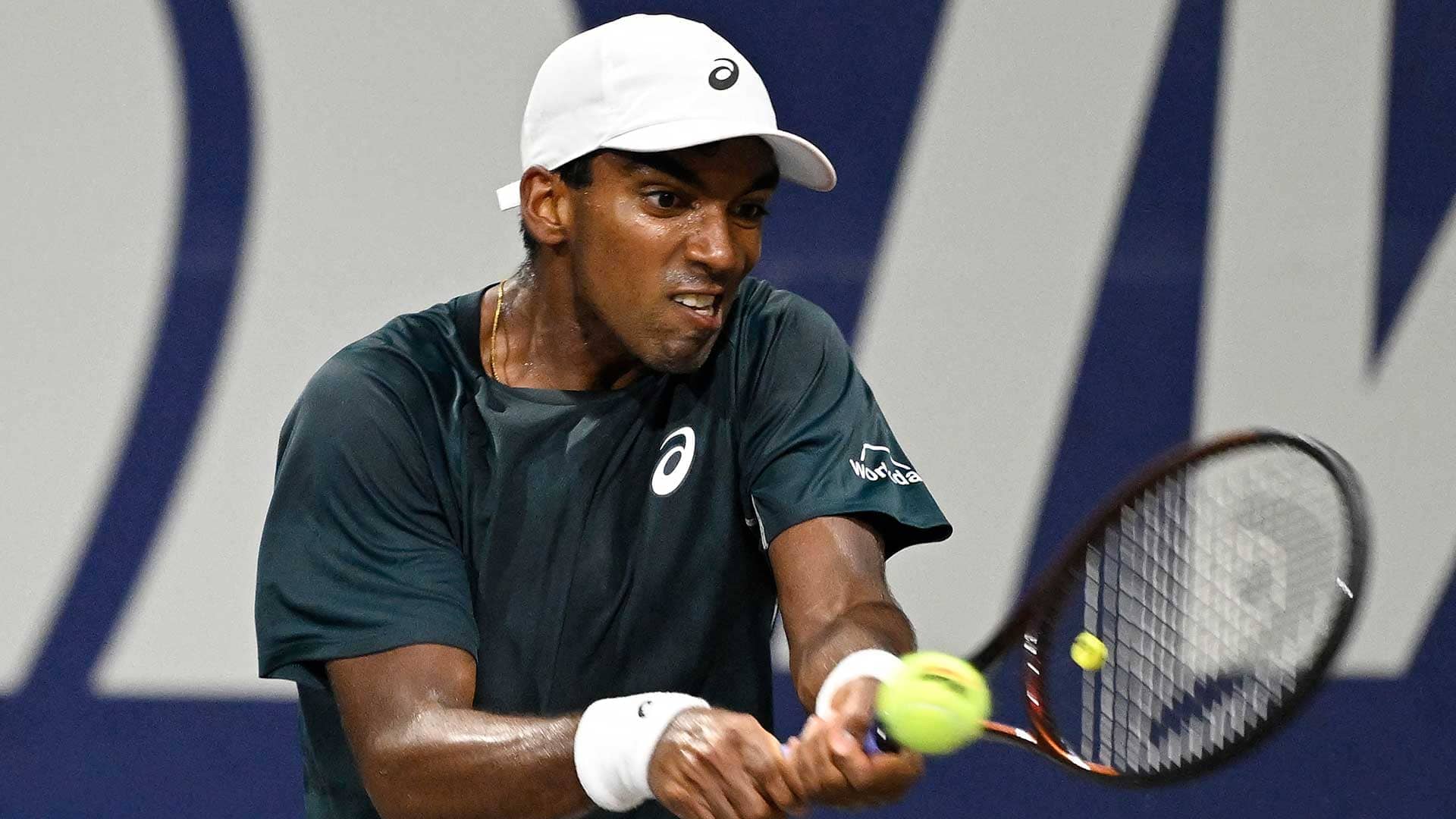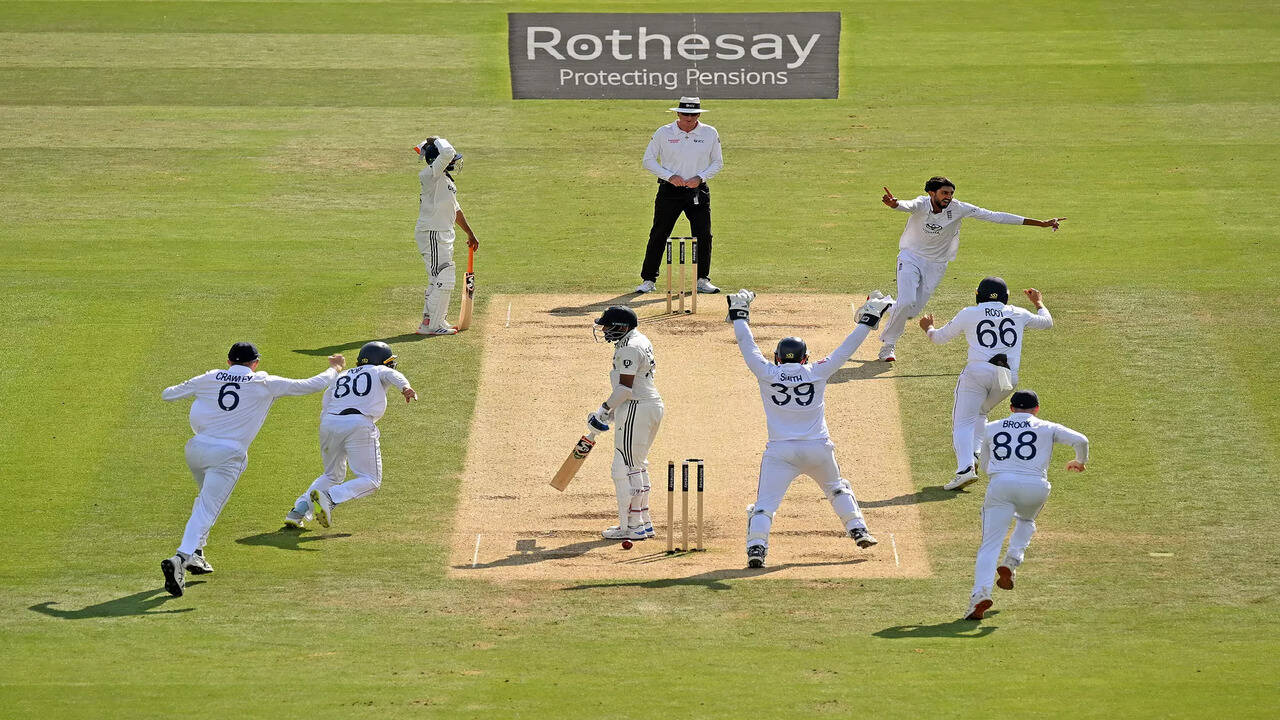West Indies’ cricketing decline feels terminal - and that should worry everyone

The sight of Jofra Archer, all effortless pace and menace, returning to Test cricket after a four-year injury absence in England’s tense and thrilling win against India at Lord’s over the past week was an exciting one for everyone who cares about the health of the ultimate form of the game.Here was a fast bowler capable of one of cricket’s most difficult and eye-catching skills — consistently bowling faster than 90 miles per hour — in full flight and playing a leading role in a classic Test that saw England go 2-1 up in the five-match series.Yet the spectacular return of the Barbados-born Archer was also bittersweet for cricket lovers in a part of the world with one of the richest cricketing heritages of all — the Caribbean.On the same day that Archer was lighting up Lord’s for England, the West Indies team he could so easily have been part of instead crashed to arguably their lowest point in modern cricketing history.Opponents Australia had set a target of 204 — tricky, but achievable, as West Indies sought to claim a morale-boosting consolation victory in Kingston, Jamaica. Already 2-0 down in a three-Test series, they were demolished for just 27, the second-lowest total in Test history after New Zealand’s 26 against England 70 years ago.Incredibly, it could have been worse. At one point West Indies were 11-6 — yes, six wickets down for just 11 runs — and staring at even greater ignominy.West Indies’ decline from the greatest force in the game — back-to-back one-day World Cup champions in 1975 and 1979, and undefeated in Test series between 1980 and 1995 — to sad also-rans has been a long time coming.Yet those events at Sabina Park, scene of so many of West Indies’ great moments in a very different age, were a new nadir, and one that caused shock and embarrassment across the whole Caribbean region, where players from 15 separate nations and territories unite to compete wearing the famous badge.“It’s heartbreaking,” said Roston Chase, the team’s captain. “We thought we were in a position to win the game but then we had that poor batting display. It’s something that has been recurring for the whole series and that makes it even more disappointing.”“Disappointing” is probably not the word Sir Viv Richards would choose to describe it.Richards, one of the greatest of all West Indies cricketers and a man now summoned to an emergency meeting to try to sort out this mess, would likely choose a much stronger one than that.Viv Richards is one of the former players who have been asked to help solve West Indies’ cricketing crisis (Ashley Allen/Getty Images)Richards, 73, was the epitome of West Indian pride in both cricket and regional identity at the height of the glory years when their team ruled the cricket world. Their success was largely based around having a battery of fearsome fast bowlers — all as good, if not better, than Archer is today — but they had brilliant batters, too, and none more so than Richards, who became one of the greatest of them all.Now the Antiguan is one of three legends of the Caribbean game asked by Cricket West Indies to review the events of the past few weeks (although in reality it should probably be the past few decades), along with the captain whose strategy shaped that era of dominance, Clive Lloyd, and the holder of the world record for the highest individual scores by a batter in Test and first-class cricket, Brian Lara.Dr Kishore Shallow, president of West Indies Cricket, talked in the wake of Monday’s humiliation of having “sleepless nights” but called for patience as a committee for cricket strategy and officiating that also includes great ex-West Indies players such as Desmond Haynes and Shivnarine Chanderpaul looks for answers and starts “rebuilding and investing in the next generation”.Investment is key, because West Indies’ sad decline is all about money.The unequal sharing of the game’s revenue that saw West Indies report profits of $88.4million (£66m) for 2023-24 compared to cricketing superpower India’s $1.18bn demonstrates why so many of their best players now seek their employment in franchise leagues around the world as opposed to representing West Indies.In June, Nicholas Pooran, the West Indies’ highest-ranked one-day batter and one of the finest Twenty20 players in the world, announced his international retirement at the age of 29. It left many in shock, but it shouldn’t have done: it simply continued a trend of players opting to pursue more lucrative contracts in domestic cricket.Nicholas Pooran has walked away from West Indies cricket (Randy Brooks/AFP via Getty Images)West Indies are not alone in facing that challenge — South Africa have also seen players in their prime, such as Heinrich Klaasen, turn away from the international game — but, as their head coach Daren Sammy observed, they feel it acutely.“More will follow in that mood, in that direction,” Sammy says. “That’s the way T20 cricket is now, and especially coming from the West Indies, with the challenges that we face trying to keep our players motivated to play for the crest, so I wouldn’t be surprised.”Money also explains why West Indians, including Archer, who has an English father and a British passport and chose to play for England rather than the region of his birth, and England prospect Jacob Bethell, also Barbadian through and through, have turned their backs on a region that once was the envy of the cricketing world.Unless the sport’s global governing body, the International Cricket Council, devises a fairer programme of revenue sharing — that admittedly is largely generated by India and the other two big powers Australia and England — then it is difficult to see what Richards and his fellow legends can say or do to halt what seems a terminal fall.The crash to 27 all out in Jamaica might come to be seen as the beginning of the end for West Indies cricket. If it is, the sport as a whole will be much, much poorer for it.Click here to read more cricket stories on The Athletic, and follow Global Sports on The Athletic app via the Discover tab.(Top photo: Randy Brooks/AFP via Getty Images)















